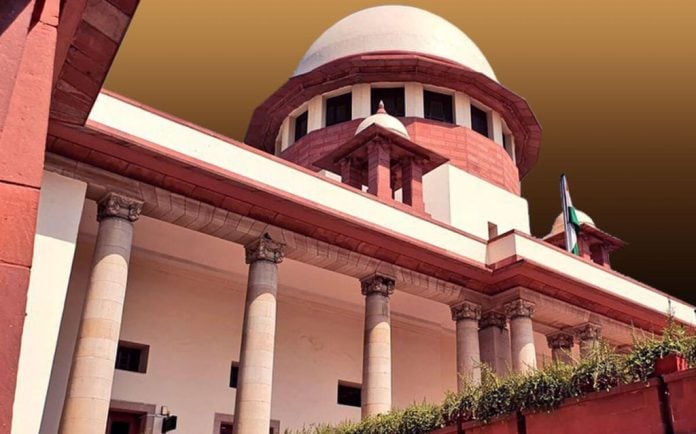The Supreme Court has rejected the claim made by State Cricket Associations for income tax exemption on the ground of ‘charitable purposes,’ observing that since their activities were being run on business lines, the claim needed ‘deeper scrutiny’.
The Bench of Chief Justice of India U.U. Lalit, Justice S. Ravindra Bhat and Justice P.S. Narasimha passed the order, while considering the issue as to whether the activities of cricket associations could be considered as ‘general public utility’ under the definition of ‘charitable purpose’ in Section 2(15) of the Income Tax Act 1961 or not.
Allowing the applications filed by the Revenue Department, seeking re-examination of claims made by the Gujarat Cricket Association, the Saurashtra Cricket Association, Baroda, Rajkot and the Rajkot Cricket Association for income tax exemption, the Apex Court directed the Income Tax Appellate Tribunal (ITAT) to re-examine the claims.
While observing that cricket organisations were structured in such a way that the Board of Control for Cricket in India (BCCI) shared umbilical ties with the state associations, the top court of the country noted that state associations owned the stadia and infrastructure, while BCCI negotiated the broadcasting rights on behalf of the State Associations.
The verdict authored by Justice Bhat noted that the media or broadcasting rights, which were in the nature of intellectual property rights, fell under Sections 37 to 40 of the Copyrights Act, 1957.
The rights, especially television and digital rights, enabled the licensee or the successful bidder to exploit the telecast or broadcast commercially, by carrying advertisements of various products and services in the media.
Taking in view the fact that BCCI did not own the stadia and used the entire physical infrastructure of the state associations, the Court noted that BCCI expressly negotiated on behalf of the state associations for the sale of such rights, which appeared to be purely commercial contracts.
The top court of the country further rejected the claim by the associations that they only received subsidy from BCCI and directed for closer examination of the same.
The Apex Court further noted that the total income of GCA was Rs 4.03 crore in 2008-2009. Of these, sponsorship money was Rs 20,00,000, bank interest was Rs 2,21,88,527.05 and as against the head ‘India vs South Africa test match’, the sum of Rs 1,51,97,741 was shown.
Of the total Rs 2,21,02,441.45 shown as income, Rs 32,24,591.25 was shown as expenditure, which meant only a fraction of the total amount was expended towards the promotion of cricket, it added.
The Court said it was quite evident that the activities of cricket associations were run on business lines. The associations owned physical and other infrastructure, maintained them, made arrangements for permanent manpower and had well-organised supply chains to cater to the several matches they hosted.
Their activities, such as organising matches at all levels, ranging from local to state, national and international level should not be taken in isolation, but regarded as part of the overall scheme and ecosystem, organising the game of cricket in the country, added the Bench.
It further observed that no significant expenditure has been made towards promotion of cricket activities, such as organising coaching camps or running academies.
The top court of the country noted that the ITAT fell into error by not considering the nature of receipts flowing from BCCI into the corpus of GCA and SCA, as well as other associations that were before this court, to determine their true character.
It said the ITAT appeared to have been swayed by the submission that the amount given by the BCCI was towards capital subsidy and directed the Tribunal to re-examine the claims.
The Apex Court, however, clarified that its observations were preliminary in nature and directed the AO to adjudicate the matter afresh after issuing notice to the concerned assessees and examining the relevant material indicated in the previous paragraphs of this verdict.
It further noted that if any consequential order needs to be issued, the same shall be done and resulting actions, including assessment orders, shall be passed in accordance with law under relevant provisions of the IT Act.
Case Title : Assistant Commissioner of Income Tax vs Ahmedabad Urban Development Authority and connected cases.


